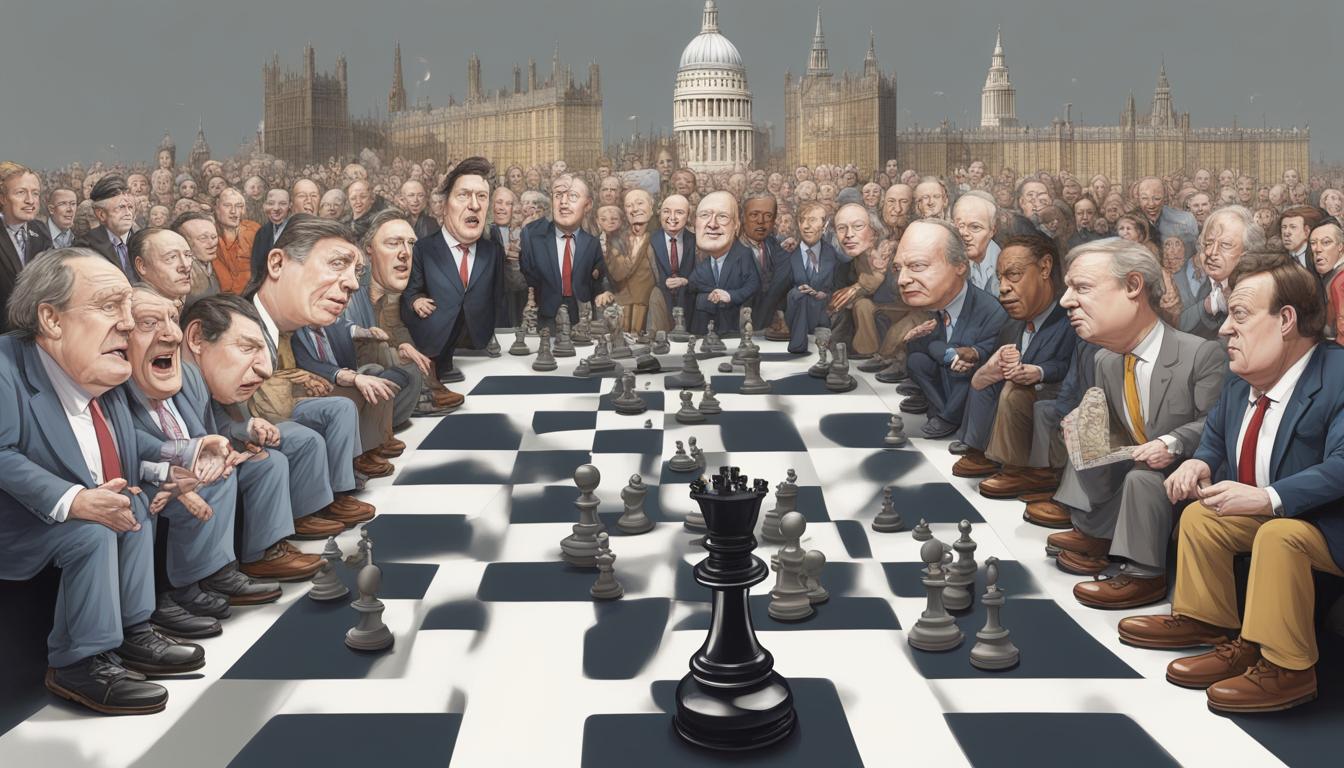The recent elections in the UK have marked significant changes in political sentiment, with Labour making gains in various regions and posing new challenges for the Conservative Party’s leadership.
Recent election results indicate significant shifts in political sentiment across the UK. Labour’s Chris Webb claimed victory in the Blackpool South by-election, while the party has made substantial gains in various councils. Labour leader Keir Starmer described the win as pivotal, suggesting momentum towards a general election.
The Conservative Party, under Prime Minister Rishi Sunak, though successful in re-electing Ben Houchen as Mayor of Teesside, experienced considerable losses in council seats and showed vulnerability in the North Yorkshire mayoral and Blackpool South by-elections. This dual outcome poses challenges for Sunak’s leadership amidst internal party concerns.
Another significant factor in the elections was Labour’s stance on the Gaza conflict, as stated by Labour’s election chief, Pat McFadden. This stance potentially influenced voting patterns, particularly among Muslim voters in areas like the West Midlands, potentially affecting Labour’s support base.
Finally, the London mayoral election remains unresolved, with Mayor Sadiq Khan facing tough competition from Conservative candidate Susan Hall. Khan’s campaign focused on voter turnout concerns amid backlash over specific policies and controversies surrounding his opponent. Results are pending as London processes the votes.
These elections are crucial in shaping each party’s strategies going forward, with the implications rippling through their leadership and policy directions.













